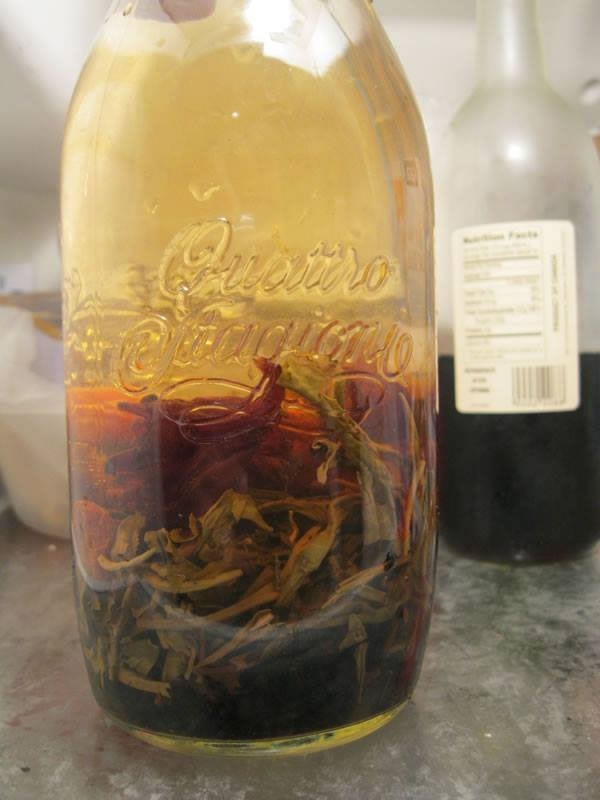Warm Pu erh, Cold Water

Warm Pu erh, Cold Water
Often fellow pu erh drinkers pay little to no mind to the matter of pu erh’s properties. Food properties is a concept common to Traditional Chinese Medicine, which some postulate to be an outgrowth from Ayurveda. Even in modern nutritionism, there is some understanding that foods produce a certain effect on the body.
Tea is a food. Different teas possess different properties. In the realm of pu erh, properties can be divided into cooling and slightly warming, corresponding to raw and ripe respectively. Often a drinker will believe that water temperature impacts the properties of that which is drunk. For example, the drinking of green tea with hot water changes the nature of the tea from naturally cooling to warm. This is not the case.
We now come to the dog days of summer, where a person isn’t terribly interested in drinking warm tea, but confoundingly find themselves unable to drink much raw pu erh. Solution: drink cold-brewed or chilled ripe. Seems like an obvious solution, which it is, but it also gives you some idea about your constitution, particularly as it relates to digestion.
The properties of ripe pu erh are slightly warming. Therefore, its consumption will not tax a weak digestion, which is characterized by sensitivity to foods and beverages with cold properties, like raw pu erh, other raw foods, beer, and fruit.
Now you know.
